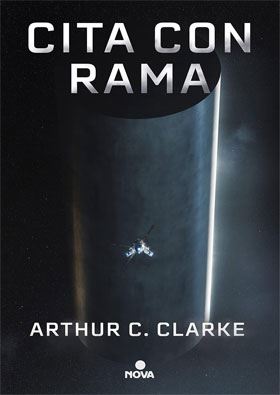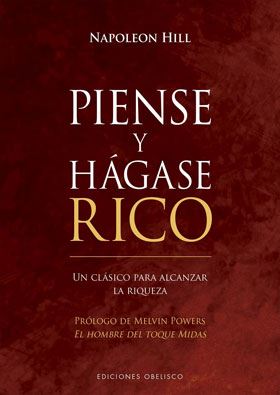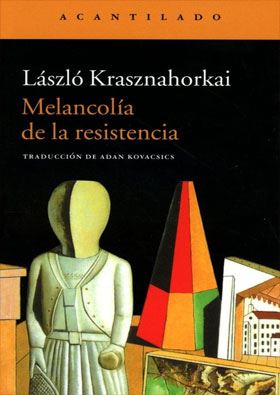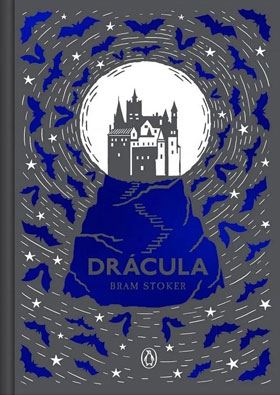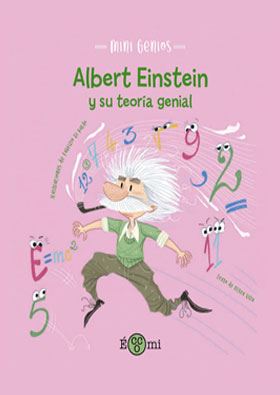

A TRAVES DE LA LLUVIA(ED.REV.)(HI3)(BOL)
Apolo Hidalgo está emocionado por enfrentarse a una nueva etapa de su vida: la universidad. Su sueño es estudiar psicología y ayudar a los demás. Sin embargo, esa ilusión se rompe cuando es atacado y golpeado en un callejón durante una noche lluviosa e, irónicamente, así es como la conoce a ella. A Rain.
La chica del paraguas lo salva, y se le queda grabada en la memoria. Cuando finalmente se vuelven a encontrar, Apolo queda todavía más prendado de Rain y, a través de ella, conoce a Xan, el dueño de un café donde pasan el rato.
A medida que los tres se conocen, Apolo se dará cuenta que Rain y Xan ocultan mucho más de lo que uno se puede imaginar.
Apolo es un chico lleno de buenas intenciones, pero eso, en la vida, no es garantía de nada... especialmente en el amor.
995
A TRAVES DE MI VENTANA(ED.REV.)(H1)(BOL)
Raquel lleva toda la vida loca por Ares, su atractivo y misterioso vecino. Lo observa sin ser vista desde su ventana y es que, muy a su pesar, no han intercambiado ni una triste palabra. Lo que Raquel no sabe es que eso está a punto de cambiar...
Ares comenzará a cruzarse en su camino hasta en los lugares más inesperados y descubrirá que, en realidad, Raquel no es la niña inocente que creía.
Ahora, Raquel tiene muy claro su objetivo: conseguir que Ares se enamore de ella. Por supuesto, no está dispuesta a perderlo todo por el camino, y mucho menos a sí misma...
950
A TRAVES DE MI VENTANA. ED. ILUSTRADA
Raquel lleva toda la vida loca por Ares, su atractivo y misterioso vecino. Lo observa sin ser vista desde su ventana y es que, muy a su pesar, no han intercambiado ni una triste palabra. Lo que Raquel no sabe es que eso está a punto de cambiar...
Ares comenzará a cruzarse en su camino hasta en los lugares más inesperados y descubrirá que, en realidad, Raquel no es la niña inocente que creía.
Ahora, Raquel tiene muy claro su objetivo: conseguir que Ares se enamore de ella. Por supuesto, no está dispuesta a perderlo todo por el camino, y mucho menos a sí misma...
Una edición única de la novela best seller A través de mi ventana, con ilustraciones en acuarela de Naranjalidad y contenido inédito especial.
1,500
A TRAVES DE TI (HIDALGO 2)
Llega la deseadísima y esperada segunda parte del gran éxito A través de mi ventana
Nada es tan fácil y simple en la vida de alguien como yo.
¿Qué se siente al vivir con tres chicos tan guapos?
Eres tan afortunada. Que envidia. Vivir con esas bellezas, que privilegio.
¿Cómo puedes vivir con ellos?
¿Te has tirado alguno?
¿Podrías conseguirme su número de teléfono?
Eso es solo un poco de lo que he tenido que lidiar desde que los chicos Hidalgo crecieron y se convirtieron en el sueño húmedo de todas las chicas de este lugar. Artemis, Ares y Apolo Hidalgo son los responsables de muchos suspiros de chicas en las calles y con los que crecí aunque no seamos familia. Muchas personas me creen afortunada, pero están tan equivocados sobre mi vida, no saben mi historia, no todo es color de rosa en la vida de una chica como yo.
1,250
A TRAVES DEL BOSQUE
Una fría mañana de diciembre de 1984, Griselda, argentina exiliada en Francia, se despierta con un fuerte dolor de cabeza. Tras pedir auxilio infructuosamente a Claudio, su marido, vuelve a casa, llena la bañera y ahoga en ella a sus dos hijos menores. La mayor, Flavia, de apenas seis años, se salva por hallarse en la escuela. Treinta años después, Laura Alcoba entrevista a los supervivientes de esta tragedia y, sin despejar el misterio del acto de Griselda, intenta acercarse a lo inconcebible. Preguntada sobre su madre, Flavia, que ahora es una exitosa fotógrafa, la describe como «presente, amorosa. Muy amorosa».
Tras la Trilogía de la casa de los conejos, Laura Alcoba nos brinda una narración deslumbrante y perturbadora sobre la oscuridad que se esconde en las relaciones más cotidianas y la posibilidad de apostar por el amor y el perdón.
1,350
A VECES TE SIENTES TAN SOLO
En estos poemas del Bukowski más maduro, se aprecian momentos de quietud insólita, instantes de contemplación abismada que transforman lo trivial en mágico. Pero si hay algo que destaca es la tenacidad incesante, el tesón de un autor que no ve otra manera de seguir adelante que abordar el siguiente verso como si fuera el primero, el más importante, el definitivo. Lo que queda a la postre es un poeta en su plenitud, poseedor de una sabiduría que lo lleva a la compasión. No faltan aquí las provocaciones y los exabruptos que lo llevan a reconocer que no sabría qué hacer si le arrebataran la locura de la que se nutre, o a achacar su éxito perenne en Europa a «traductores geniales de la hostia». Pero también hay en estas páginas magníficos retratos de los inadaptados de su entorno, desde el padre maltratador hasta las mujeres que le partieron el alma, pasando por los profesores que tan poco le enseñaron, los imitadores, los fanáticos faltos de imaginación, los «muertos en vida»…
1,350








